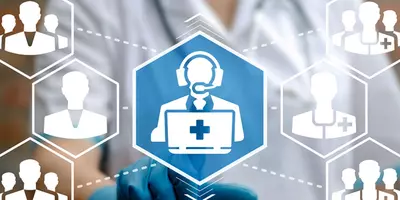
Jan 17, 2016 ● Kate Lopaze
How to Become a Health Information Technician
It used to be that when you’d walk into a doctor’s office, behind the desk there’d be shelves and shelves of bulky patient files, organized alphabetically with neat color-coded tabs. The busier the office, the bigger and more packed those rows of shelves would be. As we move toward a more digital life in general, medical records are following suit—healthcare providers and hospitals are moving patient data off the shelves and into secure databases. These changes call for health information technicians who manage the transition to electronic medical records and maintain the crucial information on a daily basis.

